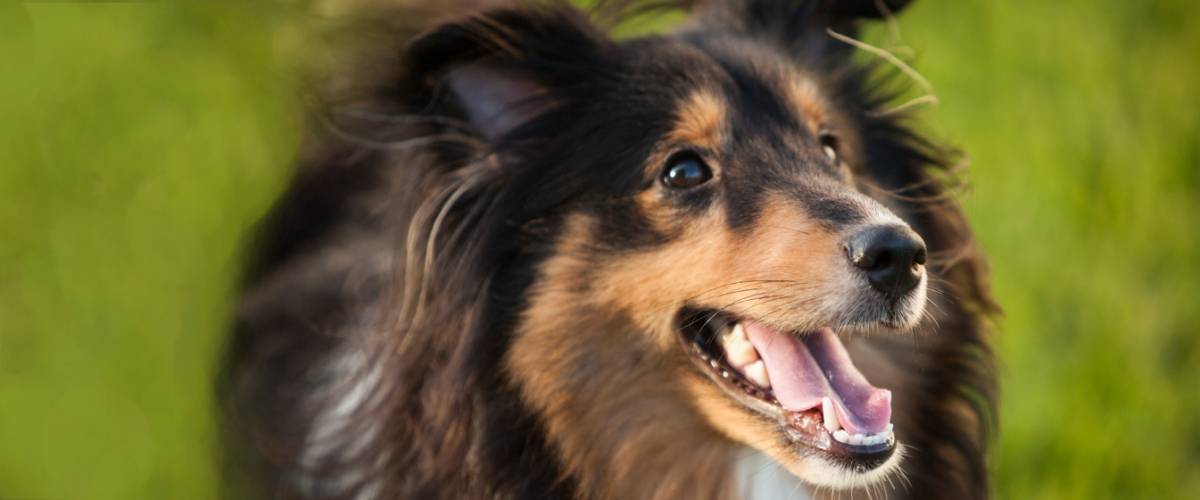
August 27, 2020 – Gallbladder problems are common in people, but many dog owners may not know that gallbladder diseases can affect our canine friends, too.
Although not as prevalent, the incidence of some gallbladder diseases is on the rise in dogs. It’s important for owners to learn about these diseases and how your veterinarian can help with diagnosis and treatment.
Some breeds are at higher risk
Certain breeds, as well as older, female dogs, have an increased risk for gallbladder problems, although gallbladder disease has been reported in almost every breed of dog, including mixed breeds. High-risk breeds include:
- Shetland sheepdogs
- Cocker spaniels
- Miniature schnauzers
- Chihuahuas
Not all dogs show clinical signs
Just like people, gallbladder diseases in dogs don’t always cause clinical signs, and many are found incidentally. However, sometimes these diseases can cause serious illness.
The most common signs of gallbladder disease include:
- Poor appetite
- Vomiting
- Lethargy
- Yellowish color to the whites of the eyes, skin and inner ear (icterus or jaundice)
With the exception of icterus, the most common signs overlap with lots of other diseases. When signs occur, more diagnostic tests are needed to pinpoint the gallbladder as a source of illness.
Diagnosis and treatment
The three most common diseases affecting the gallbladder of dogs are:
- Cholecystitis (inflammation of the gallbladder)
- Gallbladder mucocele (collection of thick, gelled bile)
- Gallstones
Many experts promote ultrasound as the one of the best ways to look for gallbladder problems. Gallstones and gallbladder mucoceles have a very characteristic appearance on ultrasound, so it is easy for a skilled ultrasonagrapher to diagnose these diseases.
Both medical and surgical treatments are available for gallbladder disease in dogs. Gallbladder surgery for our veterinary patients is not as sophisticated as in humans, but it is sometimes the best option. Left untreated, some diseases can lead to gallbladder rupture, which can be life-threatening.
Your veterinarian can guide you toward appropriate diagnostic tests if a gallbladder problem is suspected. The good news is that many of these diseases are treatable and have good long-term outcomes if caught early
To learn more about gallbladder mucoceles, check out our podcast featuring Dr. Jody Gookin, a Morris Animal Foundation-funded researcher and expert on this disease. In the podcast, Dr. Gookin takes a deep dive into the causes of and treatment hopes for this important disease of dogs.
